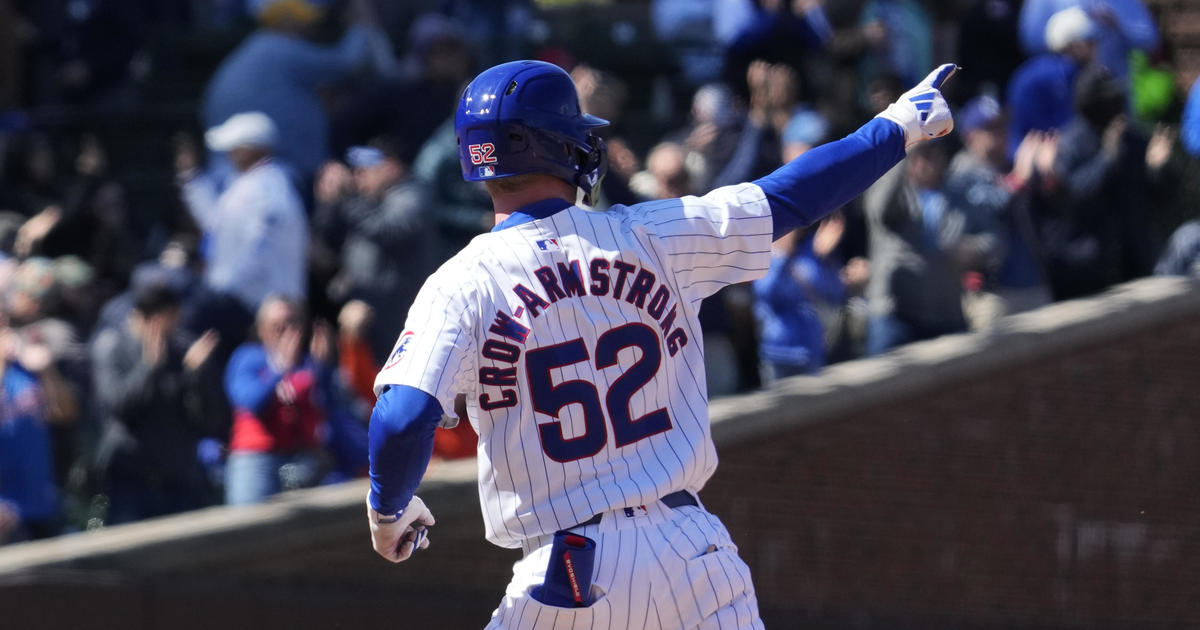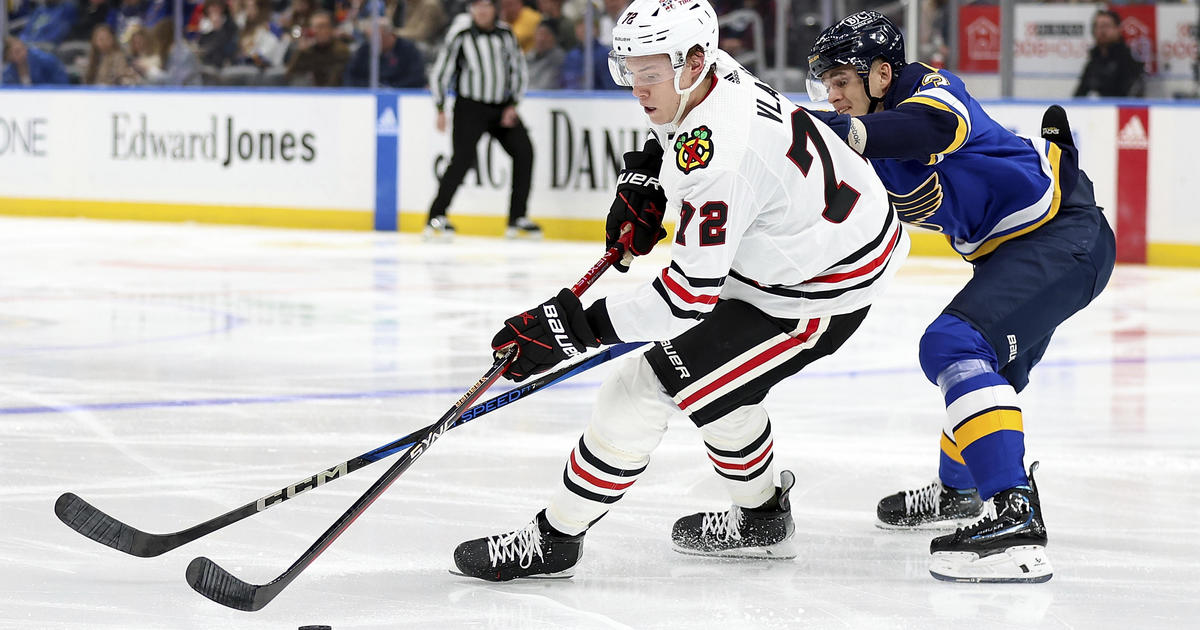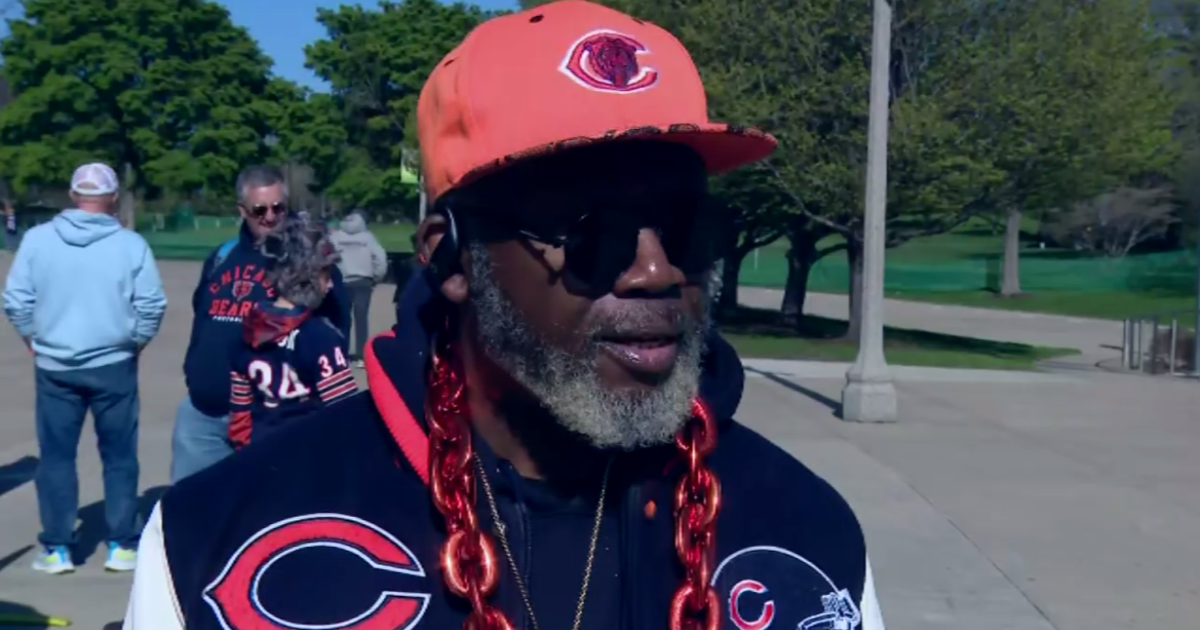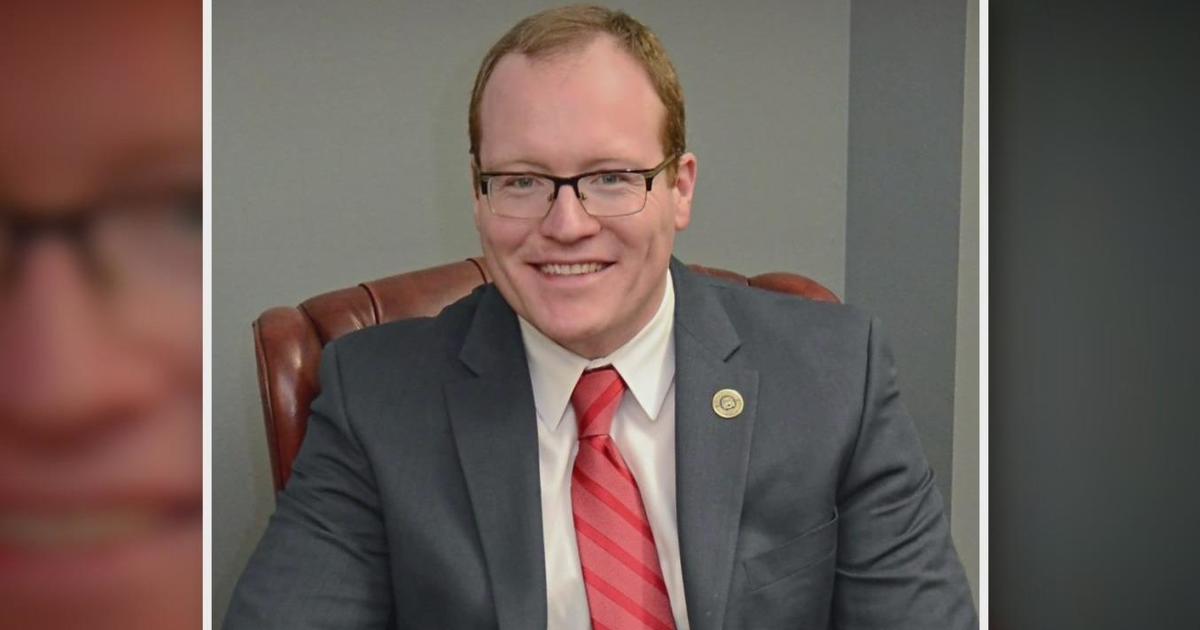MLB's Expanded Instant Replay Will Include Manager Challenges
(CBS) -- Major League Baseball's 30 clubs unanimously approved expanded instant replay during Thursday's owners meetings in Paradise Valley, Ariz.
The approval applies to the upcoming 2014 season and includes the use of manager's challenges.
"I am very pleased that instant replay will expand to include additional impactful plays," MLB commissioner Bud Selig said in a statement. "The new system will give managers valuable recourse in potentially game-changing situations. The opportunity for our fans to see more replays in our ballparks is also an important modification that the Clubs and I favored."
Per MLB's press release: Managers will have at least one challenge to use. If any portion of a challenged play is overturned, then the manager who challenged the play will retain the ability to challenge one more play during the game. No manager may challenge more than two plays in a game. Once the manager has exhausted his ability to challenge plays during the game and after the beginning of the seventh inning, the Crew Chief may choose to invoke instant replay on any reviewable call. Home run and other boundary calls will remain reviewable under the procedures in place last season.
Replay decisions will be made at the league's Replay Command Center, which will remain at MLB Advanced Media headquarters in New York. According to the league, umpires will be staffed as replay officials at the Replay Command Center. Those "replay umpires" will view the video feeds and make the ultimate determination of whether to overturn a call based on "the continuing standard of whether there is clear and convincing evidence."
Designated communication centers will be set up behind home plate at all 30 MLB stadiums. That's where the crew chief and at least one other umpire will have access to a headset to communicate with the Replay Command Center in New York.
Plays that will be reviewable are:
- Home run
- Ground rule double
- Fan interference
- Stadium boundary calls (e.g., fielder into stands, ball into stands triggering dead ball)
- Force play (except the fielder's touching of second base on a double play)
- Tag play (including steals and pickoffs)
- Fair/foul in outfield only
- Trap play in outfield only
- Batter hit by pitch
- Timing play (whether a runner scores before a third out)
- Touching a base (requires appeal)
- Passing runners
- Record keeping (Ball-strike count to a batter, outs, score, and substitutions)
To determine whether or not to challenge a play, teams will be able to communicate with a team-staffed video specialist in the clubhouse via the dugout phone. That video specialist will have access to the same video the replay officials have. The technology will be standardized to make sure all teams have equal access to the video. No monitors will be allowed in the dugout.
In addition, teams can now show all replays on the stadium scoreboard, regardless of whether the a is reviewed.
If a manager decides to review a play, he must notify the crew chief in a "timely manner." According to the league, additional guidelines will be established to define "timely."
The crew chief will then signal to the official scorer that the play is being reviewed and he, along with at least one other umpire, will go to headset behind home plate to communicate with the replay official in New York. According to the press release, the umpires won't leave the field.
The replay official "will have direct access to video from most cameras in the ballpark in real-time, regardless of whether they are shown on the live broadcast." If the play is overturned, the replay official will also "use his judgment to determine where to appropriately place runners if the play had been called correctly on the field."
Once a decision has been made, managers cannot argue with the outcome determined by the replay official.



